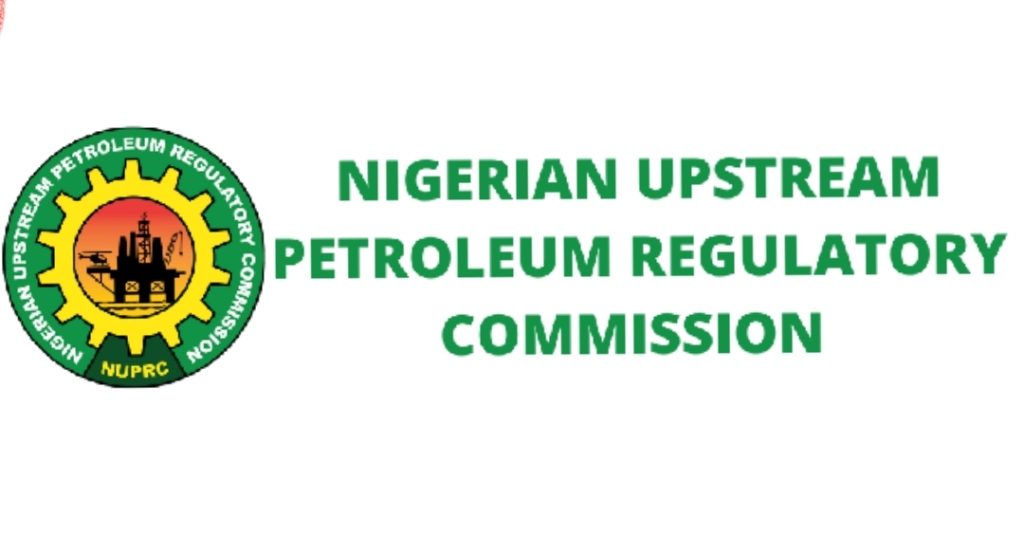Paragraph 1: Nigeria’s Upstream Petroleum Regulatory Commission (NUPRC) Enforces Crude Oil Supply Obligations for Local Refineries
The Nigerian Upstream Petroleum Regulatory Commission (NUPRC) has taken decisive action to ensure a consistent and adequate supply of crude oil to local refineries. This directive comes in response to concerns raised by domestic refiners, including the Dangote Petroleum Refinery, regarding challenges in securing sufficient crude oil feedstock. The NUPRC has issued a stern warning to exploration and production companies, emphasizing the mandatory adherence to Crude Oil Supply Obligations. Failure to comply with these obligations will result in the denial of export permits for crude oil cargoes initially designated for domestic refining. The Commission has underscored the importance of securing express approval from its Chief Executive for any alterations to crude oil cargoes earmarked for local refineries. This move signifies the NUPRC’s commitment to bolstering Nigeria’s energy self-sufficiency and supporting the growth of its refining sector.
Paragraph 2: Addressing Crude Supply Challenges and Ensuring Energy Security
The NUPRC’s directive aims to address the critical issue of crude oil supply shortages faced by local refineries, which has hampered their operational capacity and posed a threat to Nigeria’s energy security. The Dangote refinery, with its significant processing capacity of 550,000 barrels per day and 17.05 million barrels per month in the first half of the year, is particularly reliant on a stable crude oil supply. Reports indicate that the refinery has encountered difficulties in procuring the required volume of crude oil, with some suppliers reportedly demanding partial payment in US dollars. The NUPRC’s intervention seeks to rectify these supply challenges and ensure that domestic refineries can operate at optimal capacity, thereby reducing Nigeria’s dependence on imported refined petroleum products.
Paragraph 3: Legal Framework and Regulatory Measures for Compliance
The NUPRC’s enforcement of Crude Oil Supply Obligations is firmly grounded in the legal framework established by the Petroleum Industry Act 2021. Section 109 of the Act specifically mandates a stable and reliable supply of crude oil to domestic refineries as a crucial element of national energy security. The Commission’s Chief Executive, Gbenga Komolafe, has emphasized that diverting crude oil intended for local refineries constitutes a violation of the law and will be met with strict penalties. To further strengthen compliance, the NUPRC has implemented a range of regulatory measures, including the development and implementation of the Production Curtailment and Domestic Crude Oil Supply Obligation Regulation 2023 and the establishment of a comprehensive DCSO framework and procedure guide.
Paragraph 4: Stakeholder Engagement and Collaborative Resolution
Recognizing the need for collaborative engagement, the NUPRC convened a stakeholder meeting involving over 50 key players in the oil and gas industry. This meeting provided a platform for refiners and producers to discuss the challenges encountered in implementing the Domestic Crude Supply Obligation policy. Refiners expressed concerns about producers failing to meet agreed supply terms and prioritizing export sales, which compelled them to seek alternative feedstock sources. Conversely, producers argued that refiners often failed to fulfill commercial and operational terms, prompting them to explore other markets to avoid operational bottlenecks. Despite the differing perspectives, both sides acknowledged the NUPRC’s proactive regulatory measures aimed at ensuring compliance.
Paragraph 5: Guidelines for Refiners and Producers: Promoting Transparency and Accountability
To facilitate smooth implementation of the DCSO policy, the NUPRC has issued specific guidelines for both refiners and producers. Refiners are urged to adhere to international best practices in procurement and operational procedures, ensuring transparency and accountability in their dealings. Producers are reminded that any deviations from the DCSO policy conditions require explicit approval from the Commission Chief Executive before selling crude oil outside the agreed framework. This measure aims to prevent potential abuse and maintain the integrity of the domestic crude supply system.
Paragraph 6: Strengthening Energy Security and Promoting Domestic Refining Capacity
The NUPRC’s decisive action to enforce Crude Oil Supply Obligations underscores its commitment to strengthening Nigeria’s energy security and promoting the growth of its domestic refining capacity. By ensuring a consistent and reliable supply of crude oil to local refineries, the Commission aims to reduce dependence on imported refined petroleum products, stabilize domestic fuel prices, and create employment opportunities within the refining sector. The NUPRC’s proactive approach to regulation and stakeholder engagement signals a positive step towards achieving self-sufficiency in petroleum refining and solidifying Nigeria’s position as a major player in the global energy market. The strict enforcement of regulations is not merely a punitive measure but a crucial step toward building a robust and sustainable energy future for Nigeria.


